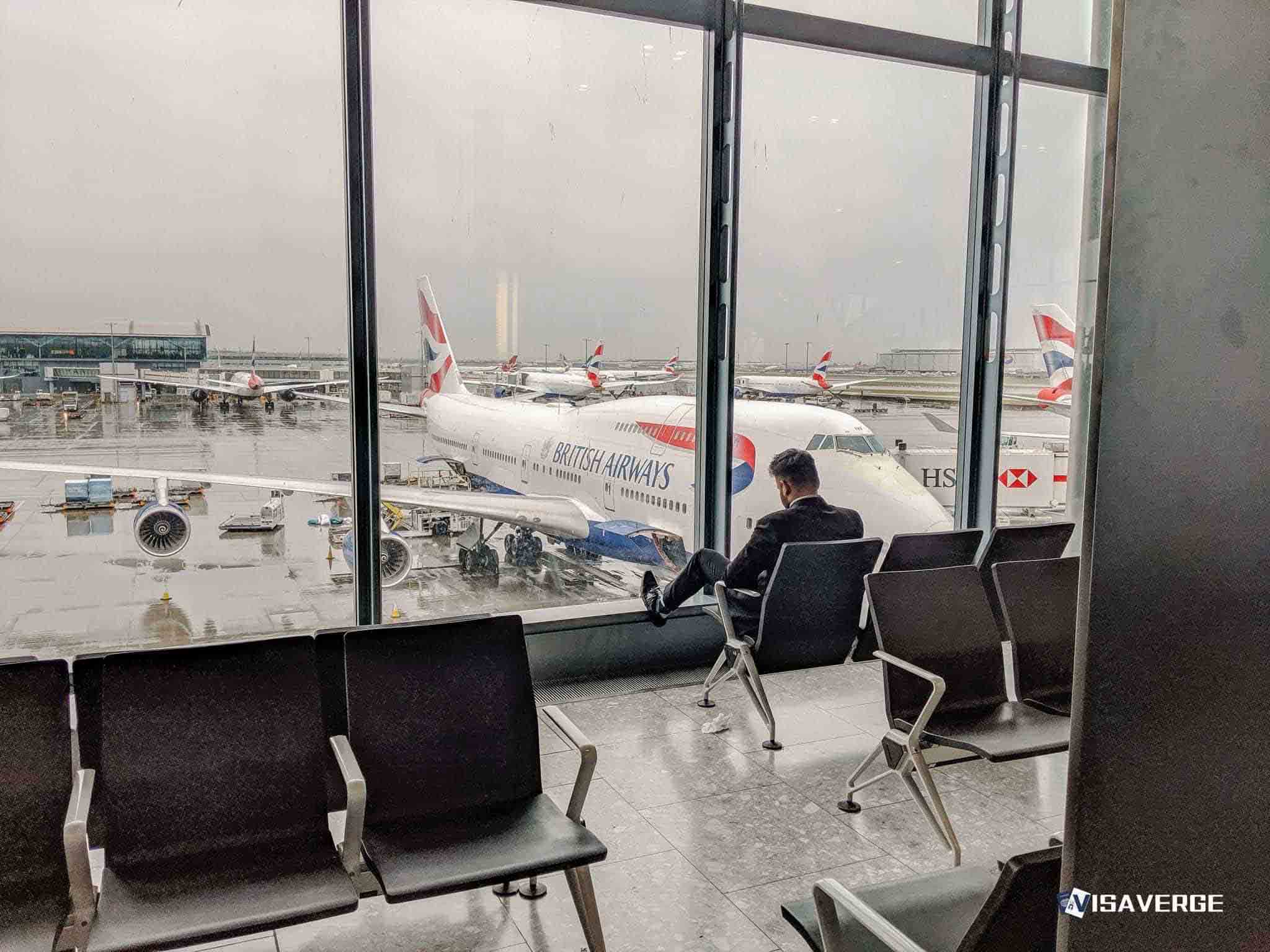
In recent discussions concerning UK immigration policy, the spotlight has turned to the future of foreign student visas and the graduate visa route. This comes amid warnings from the higher education sector about the potential consequences of further restrictions, which could not only harm the UK economy but also exacerbate a looming university funding crisis. Let’s delve deeper into the implications of these policies and what they mean for international students and the UK education sector as a whole.
What Changes Have Been Made to Foreign Student Visas?
The UK government, in an effort to control record legal migration levels, has targeted student visas as part of their broader immigration policy. The record migration figure reached 745,000 in 2022, with 672,000 in the 12 months leading up to June 2023. As part of these efforts, then-home secretary Suella Braverman took steps in May last year to restrict some postgraduate students from bringing family members with them to the UK.
These measures have stirred a significant amount of concern within the university sector. Specifically, there’s an apprehension that future policies may further clamp down on the graduate visa route. This particular visa scheme, inaugurated in 2021, permits students to remain and seek employment in the UK for two to three years after completing their studies, with roughly 104,500 graduate visas granted in the year ending September 2023.
Why Are Further Restrictions a Concern?
Vivienne Stern, the chief executive of Universities UK (UUK), which represents 142 universities across Britain, expressed that any additional restrictions on international students would be detrimental. Stern emphasized in an interview how the measures already in effect have reached their objectives, and pushing them further could risk overcorrecting. “If they go further, they risk a significant overcorrection. I think that would be a big mistake,” she stated.
What Impact Could This Have on the Economy and University Funding?
Foreign students have become a crucial component of the UK economy, as well as higher education funding. New analysis by UUK suggests that graduate visas have contributed a staggering £60 billion boost to the British economy since 2019. Furthermore, it highlighted the “huge cultural, academic, and soft power benefits” of international student participation.
The dependency of universities on international student fees has become more pronounced, with their contributions accounting for about 20% of university income, doubling from around 10% a decade ago. Meanwhile, domestic tuition fees have been capped at £9,250, experiencing a mere £250 increase over the past 11 years.
This situation has prompted concern about an emerging funding crisis within the university sector, especially as the Russell Group of 24 leading universities points out that funding per student next year will hit its “lowest point this millennium.”
What Actions Are Being Considered for the Future?
Despite the concerns expressed by some government officials regarding the graduate visa route and foreign student numbers, the Home Office has indicated that there are no current plans to eliminate this pathway. Home Secretary James Cleverly has reportedly been resistant to calls for its removal. Instead, Cleverly has tasked the Migration Advisory Committee with reviewing the graduate visa route as part of the government’s broader strategy to manage overall migration.
To learn more about the graduate visa route and its requirements, the official UK government immigration website offers detailed information and guidance for prospective applicants.
Conclusion: Navigating a Path Forward
The debate surrounding foreign student visas and the graduate visa route sheds light on a complex balance between controlling immigration and supporting the UK’s higher education and economy. The potential consequences underscore the importance of careful policymaking that considers the multifaceted impact on international students, universities, and the broader societal and economic benefits they bring.
As the UK navigates these challenges, it remains crucial to maintain dialogue between government officials, education leaders, and the international community to ensure policies reflect a balanced approach that safeguards the UK’s status as a top destination for global talent, while also addressing broader immigration concerns.
This Article In A Nutshell:
Recent UK immigration talks spotlight foreign student visas and the graduate visa route. Concerns loom over policy impacts on the UK economy and university finances. Changes to student visa rules target postgraduates, triggering unease in the education sector. Navigating a balanced approach is paramount for the UK’s global talent allure.








